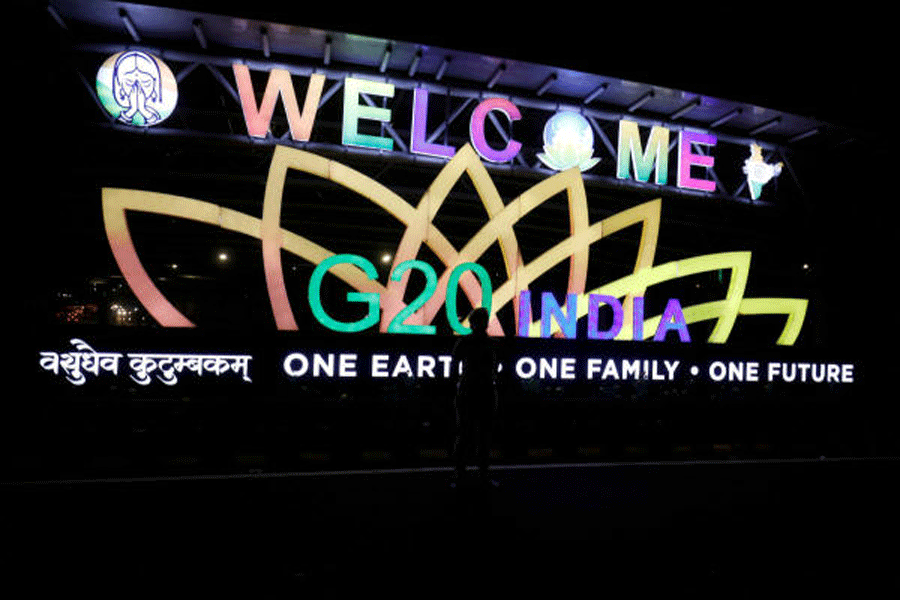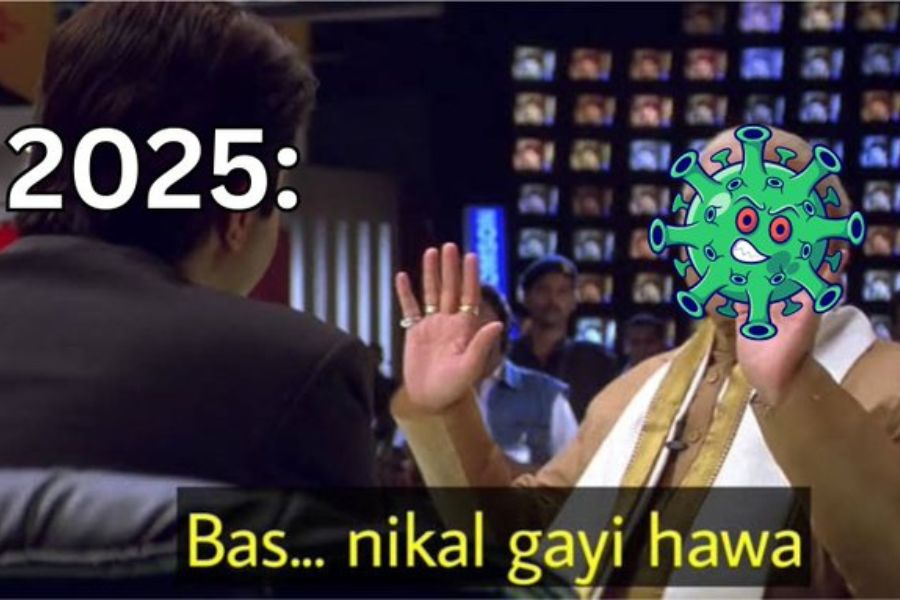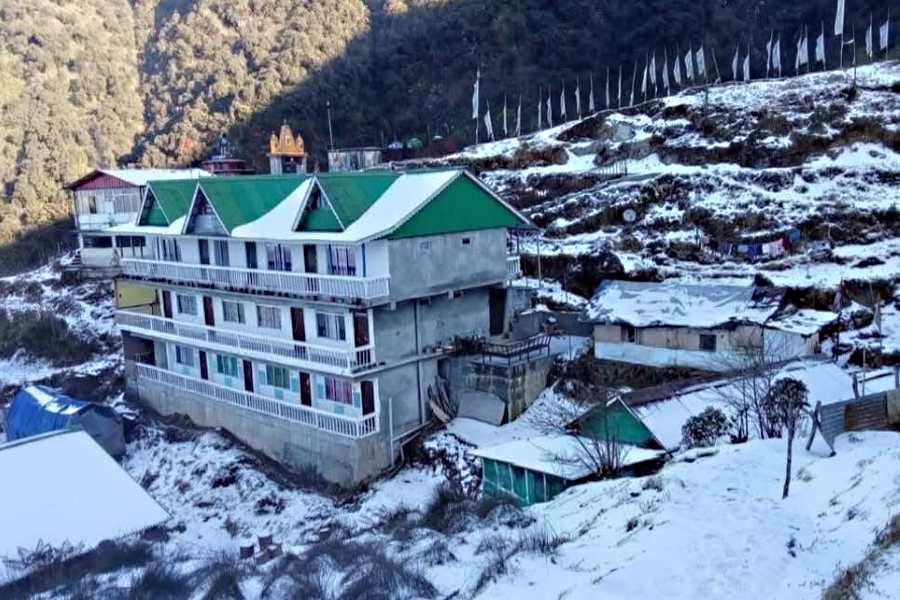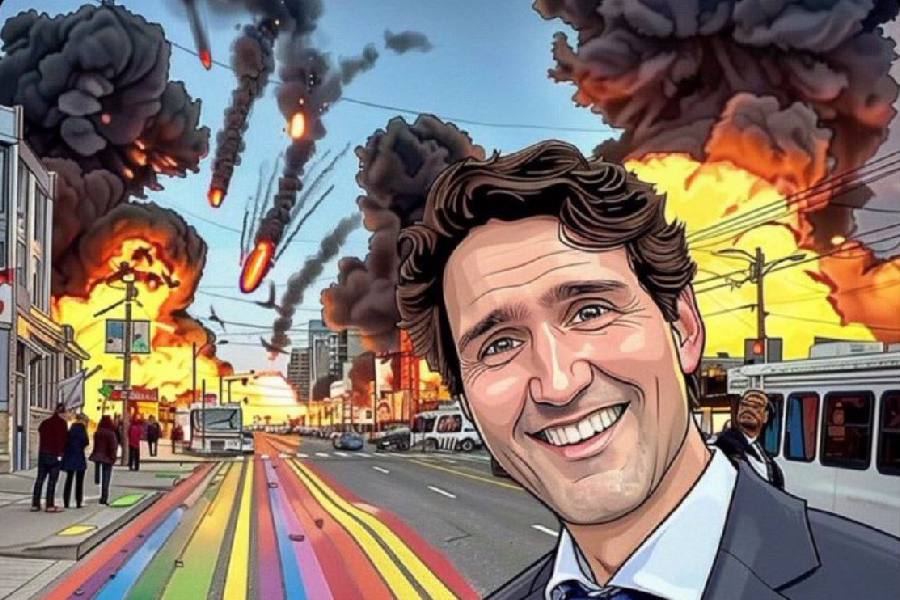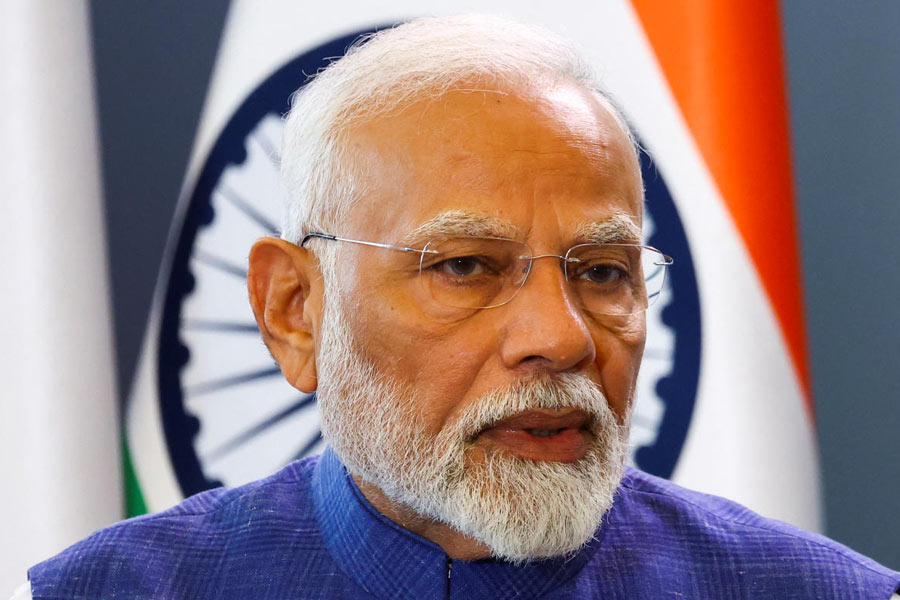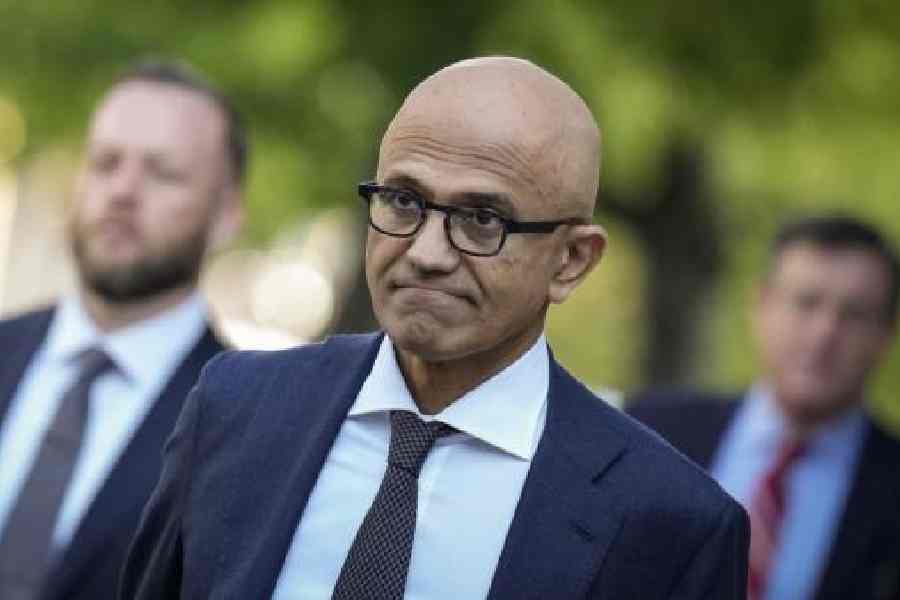The G20 summit may not lead to any breakthroughs in addressing the key issues of Global South such as climate financing, indebtedness, reforming multilateral development banks, analysts said.
Prime Minister Narendra Modi has said “this G20 is reflecting the voice and concerns of the Global South”.
Trade expert Biswajit Dhar said: “India should bring to the fore issues of Global South at the G20 meet. Though we do not expect significant decisions on them, but they should emerge as the focal points of discussions and debates for the next few years so that there could be some resolution to them.”
The issue of climate finance and transfer of technology is crucial for the net zero to be achieved, he said.
“Mere lip service without action on the problems of climate change would not resolve the issue. The question of addressing the developing country debt or indebtedness of low income countries needs to be addressed,” Dhar said.
Dhar spoke of reform in multi-lateral lending agencies such as the World Bank and ADB with greater representation of emerging economies, reflecting the current global reality. Also, the rule based global trade system should be re-established by reviving the WTO appellate body.
Leaders including US President Joe Biden will gather here this weekend for a summit aimed at boosting food security, climate action and debt relief for poor nations.
But the deliberations of the world’s 20 biggest economies have been hindered by differences over Russia’s invasion of Ukraine that have hardened since last year’s Bali summit.
Prime Minister Narendra Modi has sought to use India’s leadership of the G20 to showcase its emergence as a major power with an ability to forge unity on big global issues.
If the Delhi meeting fails to produce a joint statement, that would be a first in the G20’s summit history and potentially raise questions about the group’s viability.
Ajay Srivastava, co-founder of think tank Global Trade Research Initiative (GTRI), said: “In the past G20 leaders’ outcome documents contained generally weak text on critical issues. Conflicting stand of members on important issues prevents decisive text. Delhi declaration should not be any different.”
“So, text on the Ukraine war this time may be surprising. Also, any text that reminds developed countries of their earlier commitments is a firm No-No. So do not expect any action text on climate finance. But expect firm text on accelerating progress on SDGs, energy transition with green hydrogen and climate-smart agriculture thrown in.”
He said there would be some declarations on crypto-currencies as the World Bank is pushing for one, though most countries do not understand its implications at the technical or financial level.
“Expect detailed text on the need for, resilient supply chains, reform of WTO, and supporting global South and Africa. Who will have problems with these important and feel-good issues? India as chair played a gracious host, facilitating discussions on numerous issues in the most exotic locales across the country.”
Barriers off as Biden arrives
New Delhi: Ahead of US President Joe Biden’s visit, the Modi government has removed duties on half-a-dozen US products, including chickpeas, lentils and apples.
In 2019, India had slapped the duties in retaliation to America’s decision to increase tariffs on certain steel and aluminium products.
India had imposed duties on 28 US products.
The Indian finance ministry through a notification dated September 5 said the duties have been removed — chickpeas, lentils (masur), apples, walnut in shell and almonds fresh or dried, as well as almond shelled.
Biden will be here along with other world leaders for the G20 Summit on September 9-10. He will hold a bilateral meeting with Prime Minister Narendra Modi on Friday.
During the PM’s visit to the US in June, the countries decided to terminate six disputes at the WTO.

